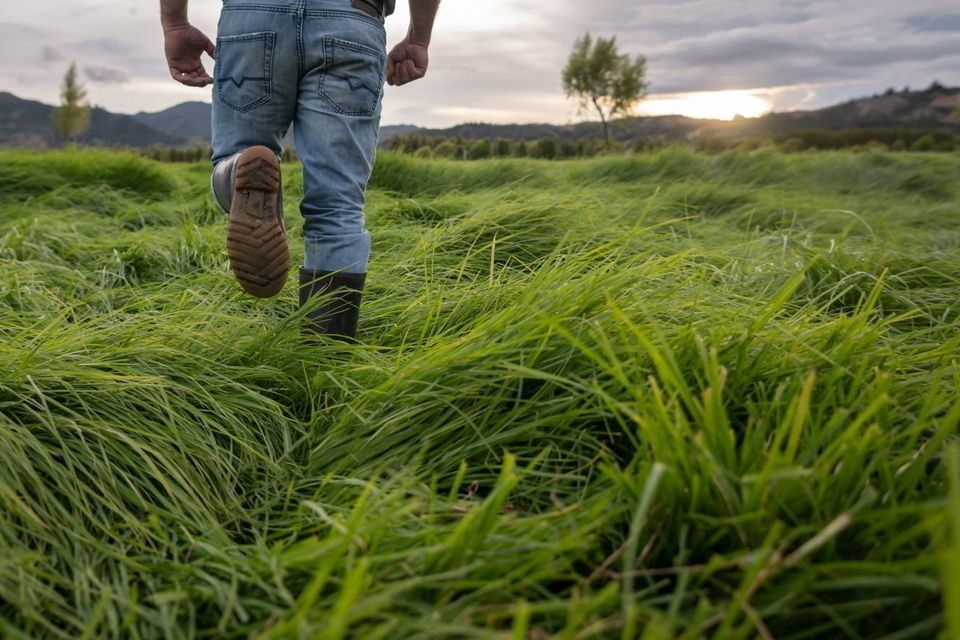Top tips for preparing your farm for a Department inspection this year
Approximately 25pc of these farmers are chosen for inspection on a random basis. Photo: Stock/Getty
Farm inspections have resumed this week, having been halted in early April due to the weather-related pressure on farmers.
Speaking on the latest episode of the Teagasc Environment Edge podcast, Department of Agriculture District Inspector in the Integrated Controls Divisions, Raymond O’Neill, explains how likely it is for a farmer to be inspected under conditionality.
Over 124,000 farmers claim payment under BISS and 1pc of those are selected for a conditionality inspection every year.
Approximately 25pc of these farmers are chosen on a random basis while the other 75pc are chosen on a risk.
“The risk could be that you’re very heavily stocked or non compliant in recent years,” Mr O’Neill said.
“…If you had a non-compliance in the past, for whatever reason, the chances of you getting inspected again are much higher because you are now in a risk category.”
Farmers are informed of an inspection usually by telephone two days before the inspection takes place. Many inspections do not require the farmer to be present.
On this first call, a Department officer may request certain records be available ahead of the inspection.
“One area we are very keen on is farmers maintaining their records. Records that often fall foul are things like medicines, pesticide applications and record books for various schemes,” Mr O’Neill said.
“...The vast majority of inspections stick to the 48 hour notice. Before covid some of the inspections were no notice, people used to just arrive and start the inspection. With regard to the day and time, there is always flexibility. If the farmer wants to be in attendance then they will work with the officer to say when suits both.
The Department official explained that ‘negligence’ is the lowest level of noncompliance and typically a farmer will be sanctioned 3pc of their BISS application.
“That varies between 1-10pc for an intentional act… a more serious offence in our book and it will be sanctioned accordingly,” he said.
“...Immediately we will tell farmers to talk to someone like yourselves because whatever the non compliance is, there is a range of solutions to correct that problem. Before the officer leaves the farm, the farmer will be told of possible noncompliances.
“The farmer can sign that form to ensure they are there and get a clear explanation from the officer of what they found. Then the farmer has a period of two weeks to reply… and further information can be given. The sanction will not kick in for two weeks so there’s a little period of time there for the farmer to think about what happened.
“There’s two reasons a farmer could feel hard done by; they mightn’t feel the procedure was appropriate or fiving; and the second one is they might disagree with the decision itself.
“Farmers can submit a review repeal, looking for a complete overview of the entire inspection.
If they are still dissatisfied, there is a system of going to the agricultural appeals office. There’s a number of different layers if they feel they are hard done by.”
Mr O’Neill warned that a lot of non compliances centre around how slurry, manure and soil water is stored on farms, along with how fertiliser is applied.
“We could easily do an hour long podcast just based around nitrates itself, but we do find a lot of issues around nitrates and it is a very wide and complex area involving all streams of agriculture,” he said.
“No matter what part of farming you’re doing, you will impinge on nitrates at some stage or other. People should make themselves aware of the conditions around nitrates and what is expected around that.”















